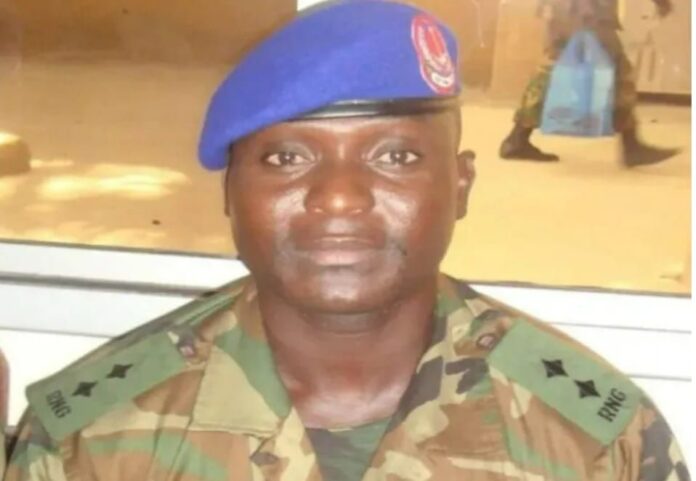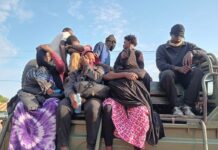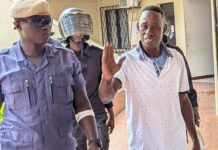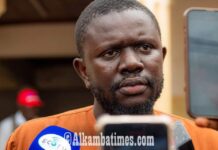A historic trial kicked off today in a U.S. federal court in Denver, where Michael Sang Correa, an alleged former member of Gambia’s notorious “Junglers” death squad, faces charges of torture and conspiracy to commit torture. The case, marking the first time a non-U.S. citizen is tried in an American court for torture committed abroad, underscores the growing reach of universal jurisdiction in addressing international crimes.
In a last-minute development, Assistant U.S. State Prosecutor Melissa Hindman successfully moved to dismiss Count 5 of the indictment against Correa. The charge, which accused Correa of torturing a victim identified as “Victim 4” while acting under color of law, was dropped after a key witness, Bunja Darbeo—a serving member of the Gambian Armed Forces currently deployed overseas—could not travel to testify.
Correa, 45, is accused of participating in brutal acts of torture in 2006 against individuals suspected of plotting a coup against then-Gambian President Yahya Jammeh, whose 22-year rule was marked by widespread human rights abuses. The “Junglers,” a paramilitary unit answering directly to Jammeh, allegedly carried out torture, extrajudicial killings, and other atrocities to suppress dissent. Correa fled to the U.S. in 2016 after Jammeh’s regime collapsed, only to be arrested in 2019 and indicted in 2020 under the U.S. Torture Act.
“This trial is a beacon of hope for victims of Jammeh’s regime who have waited decades for justice,” said Michelle Reyes Milk, senior international justice counsel at Human Rights Watch, which released an updated Q&A document on the case. “It’s a testament to the U.S.’s potential to bridge justice gaps globally through universal jurisdiction.”
Initially slated for September 2024, the trial was postponed to April 2025 after the defense requested additional time to depose witnesses in Gambia. Now underway, it is only the third such prosecution in U.S. history, spotlighting a global push to hold perpetrators of atrocity crimes accountable, regardless of where the acts occurred.
Human rights advocates and Gambian diaspora members closely watch the proceedings, which could set a precedent for future universal jurisdiction cases in the U.S. and beyond. As the trial unfolds, it promises to shine a light on the dark legacy of Jammeh’s rule—and the long road to justice for his victims.






